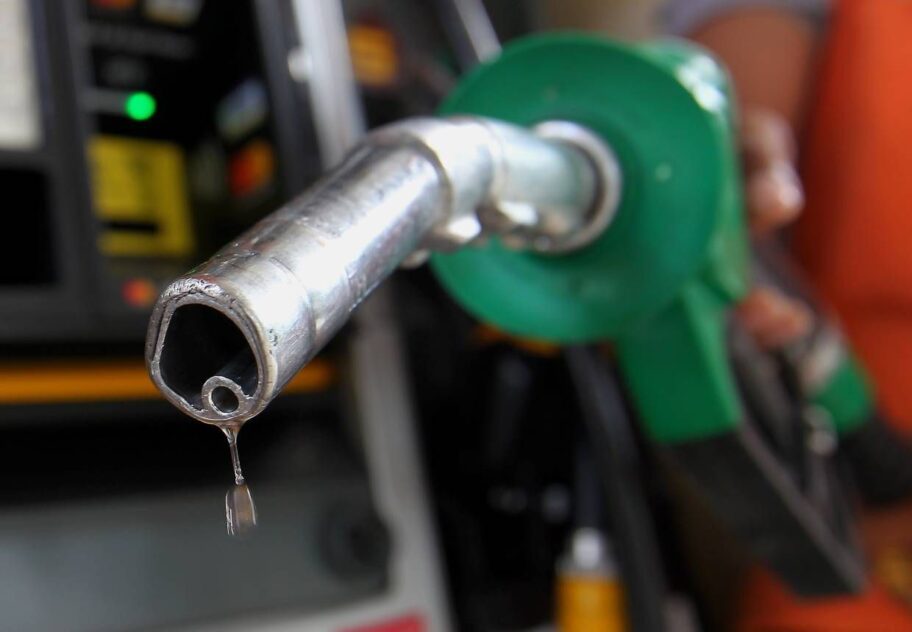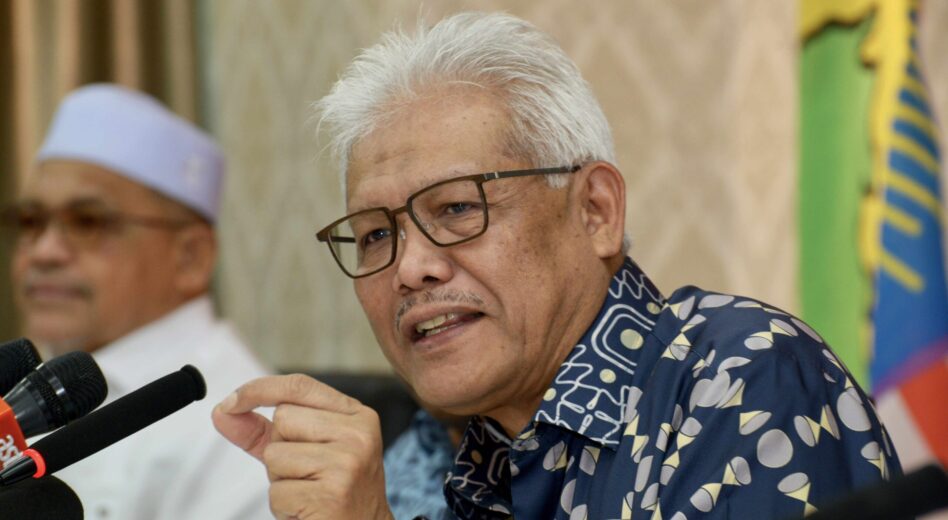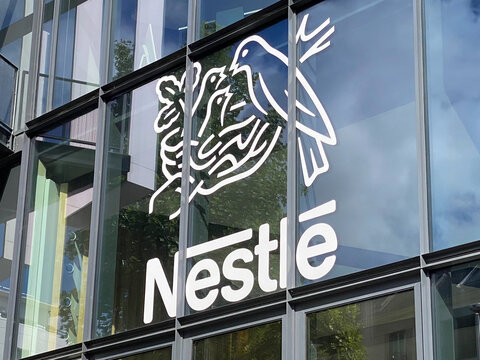By Ronnie Liu
PRIME Minister Muhyiddin Yassin made a very big mistake in killing the Kuala Lumpur-Singapore High-Speed Rail (HSR) project.
Unless Muhyiddin is that short sighted that he cannot see the potential returns from such a project or he is admitting that the country’s coffer is now dried up – and if yes, he should not be putting so much money into the wrong areas that have no spin offs or capable of boosting the country’s economy.
Or, perhaps, this is just a wayang kulit within the Perikatan Nasional and Muafakat Nasional to hoodwink the public, and after compensations have been paid, the project is restored again?
Whatever the reasons are, Muhyiddin has to answer why he terminated the HSR project which has the potential to boost the economy of the country.
Once the project is completed, we will not only be attracting tourists from Singapore who spent an average of RM25 bil in Malaysia in 2019, but also tourists from other flourishing Asean economies in the region, including Vietnam and Thailand.
In the long run, the HSR will connect Kuala Lumpur with Bangkok, Vietnam, Myanmar and Kunming in China up north, and with Singapore and eventually Indonesia via undersea tunnel down South in the future.
The HSR will once again enhance Malaysia’s strategic position in the trade route between China and the rest of the Asean region, besides also benefiting a number of states in the West Coast of the peninsular. It will be the lifeline for the new economy and the future generations.
This is one of the reasons why Pakatan Harapan (PH) had allowed the project to continue, albeit having to trim down the original cost at RM60 bil during former prime minister, Najib Abdul Razak’s era.
PH’s foresight and rationale to keep the HSR should have been heeded by Muhyiddin, who is now killing the goose that will be laying the golden eggs.
While Najib may have his own reasons to push the project, PH saw the potentials of HSR helping to lift the country’s economy and boosting Malaysia and Bandar Malaysia as a transportation hub for the Asean region. It will also help to contribute to the country’s gross domestic product (GDP).
By terminating the contract, Muhyiddin has not only benefited the companies that will be compensated without doing anything; this also will further damage investors’ confidence in the country after PH tried to regain whatever confidence left that was there after the 1MDB scandal.
We also have to realise that in the first half of 2019 tourists from Singapore spent RM11.56 bil in Malaysia or an estimated RM25 bil a year.
It would therefore not make sense for the train ride to end at Kuala Lumpur International Airport (KLIA), when the city of Kuala Lumpur has all the attractions already in place to attract the foreign tourists. Using the KLIA as the transit point would mean that the journey to Kuala Lumpur will take at least another 30 minutes using the normal speed trains.
In fact, if the grouses coming out of Singapore is anything to be believed, we have now learnt that one of the reasons why the contract was allowed to be terminated is because Malaysia wants manage the HSR alone, while Singapore manages the HSR portion on their own territory. This simply does not make sense at all, as it is nearly impossible to imagine having two separate systems and vendors.
This is contrary to the previous agreement that both Singapore and Malaysian governments formed a joint company to manage the HSR. Malaysia could have leveraged on the experience of the Singaporeans in managing the public transport system. – Jan 6, 2021
Ronnie Liu is the state assemblyman for Sungai Pelek state constituency. He is also the DAP central executive committee member and the Selangor DAP secretary.
The views expressed are solely of the author and do not necessarily reflect those of Focus Malaysia.










